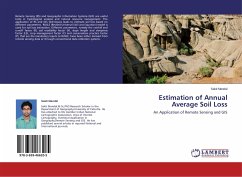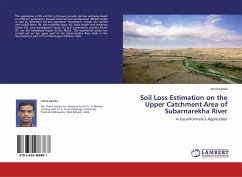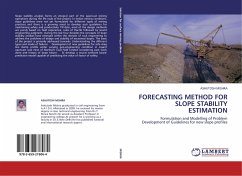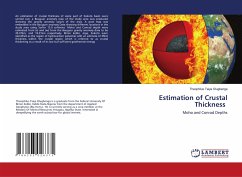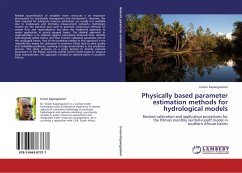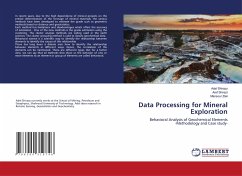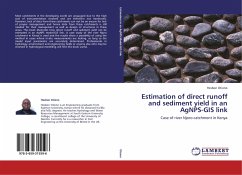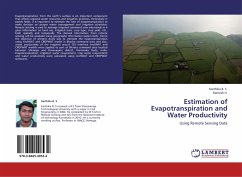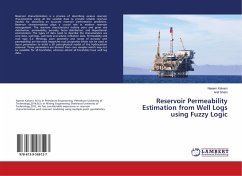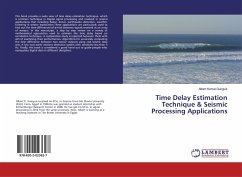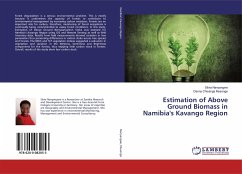
Estimation of Above Ground Biomass in Namibia's Kavango Region
Versandkostenfrei!
Versandfertig in 6-10 Tagen
41,99 €
inkl. MwSt.

PAYBACK Punkte
21 °P sammeln!
Forest degradation is a serious environmental problem. This is mostly because it undermines the capacity of forests to contribute to environmental management by increasing carbon emissions. Forests are an important sink for carbon, therefore, monitoring of forest ecosystems is continually being recommended to assess forest conditions. In this study, Estimation of Above Ground Biomass/Carbon Stoke was assessed for Namibia's Kavango Region using GIS and Remote Sensing as well as field Inventory data. Results from field measurements showed variation in tree parameters thus presenting differences ...
Forest degradation is a serious environmental problem. This is mostly because it undermines the capacity of forests to contribute to environmental management by increasing carbon emissions. Forests are an important sink for carbon, therefore, monitoring of forest ecosystems is continually being recommended to assess forest conditions. In this study, Estimation of Above Ground Biomass/Carbon Stoke was assessed for Namibia's Kavango Region using GIS and Remote Sensing as well as field Inventory data. Results from field measurements showed variation in tree parameters thus presenting differences in carbon stoke across tree species and forests. The NDVI and TCT vegetation Indices suggested a reduction in vegetation and variation in the Wetness, Greenness and Brightness components for the forests, thus implying little carbon stock in forests. Overall, results of the study show low carbon stock.



